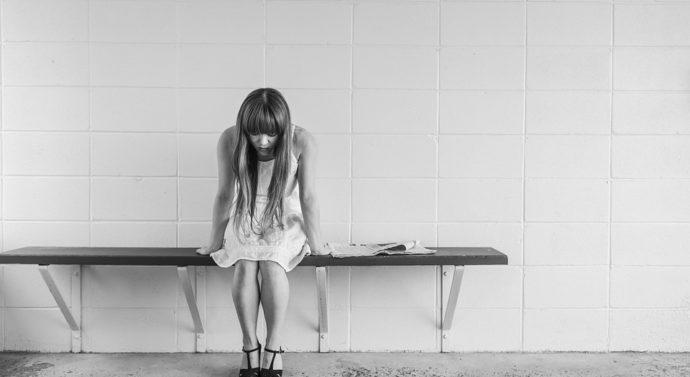
The winter blues: Realities of seasonal depression
Lifestyle December 8, 2017, Comments Off 209Article by Lindsey Hedrick
Feeling like you have no motivation to do anything? Is it hard to find the happiness in things that used to bring you joy? Does taking naps seem to be the only solution to problems? These may be common issues that a person who suffers from seasonal depression goes through.
Don’t get down, there’s only a number of days remaining in the semester until winter break.
What is Seasonal Depression?
Seasonal depression, also called the “winter blues”, is when a person becomes extremely sad or feels very down around a certain time of the year. For most students this occurs around the winter months.
Jena Steele is a counselor at Drury and also works alongside Ed Derr for the Disability Support Services. Steele explained some of the reasons why seasonal depression occurs in students during the winter months.
“It is thought that the reduced level of sunlight in the fall and winter causes a decrease in serotonin, a brain chemical that affects mood, which may then trigger depression,” Steele said.
Season Affective Disorder (SAD) affects both men and women. It can also run in families, so if your parents have SAD there is a higher chance of you being affected by it.
While this is typically a disorder that affects people in the winter it is not confined to the winter months.
“SAD can, however, occur in the spring and summer as well. Seasonal depression looks a lot like regular depression except it typically occurs during the same months each year,” Steele said.
According to the Mayo Clinic, there are many types of behaviors have seasonal depression causes. People may experience different types of moods (anxiety, loneliness, mood swings and sadness), sleep issues (excess sleep, insomnia or lack of sleep), body problems (appetite problems or fatigue) and behavioral problems (social isolation or annoyance).
How can you combat seasonal depression?
Individuals who suffer from seasonal depression should not wait too long to get help. Talking openly to peers or a counselor about struggles is very beneficial.
“People who are suffering from seasonal depression can benefit from psychotherapy, using a lightbox or lamp, talking to a friend, or taking an anti-depressant,” Steele said. “They may benefit from: practicing good stress management, meditation, getting plenty of exercise, engaging in relaxing activities, and music and art therapy.”
Steele encourages students to not feel ashamed of having seasonal depression. Lean on friends and family for support and make sure to find peace being with yourself.
“Seasonal depression is something that can be treated and is nothing to be ashamed of,” Steele said. “Don’t wait too long to seek help. The sooner you get help, the sooner you will feel better.”
—-
Drury counseling services is free and always has their doors open to students. You can schedule an appointment online or call (417) 873-7418.